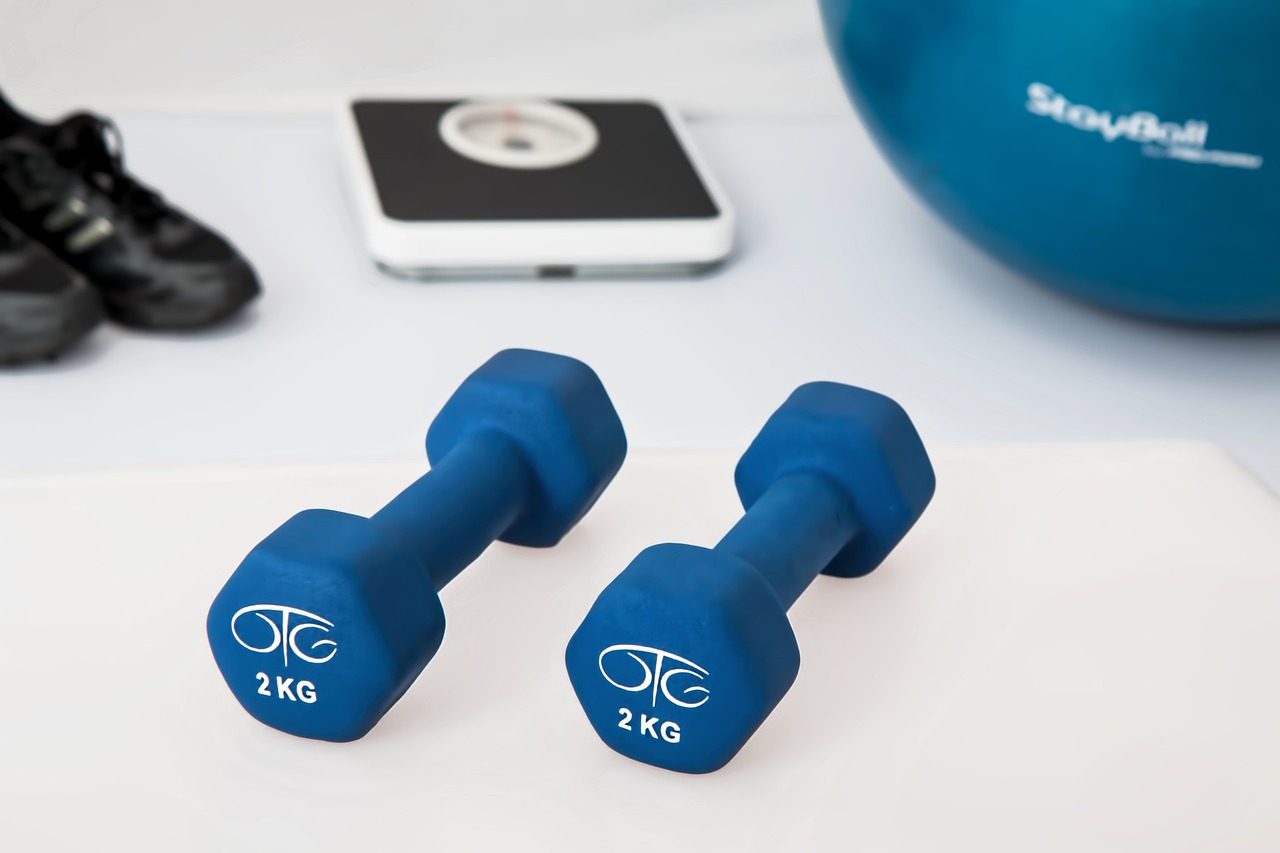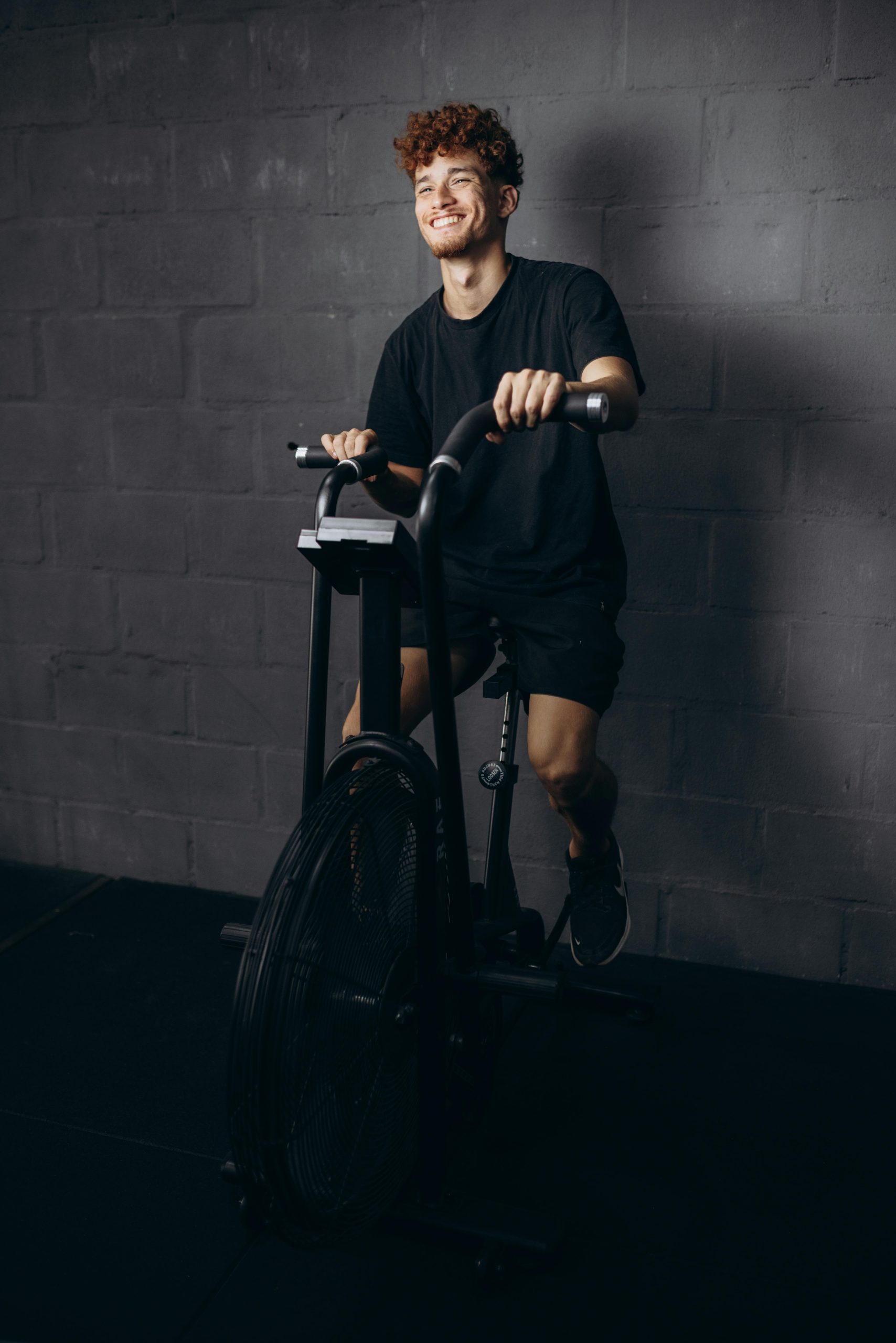Table of Contents
![]()
With the rise in remote work and busy schedules, home workouts have become increasingly popular. They offer flexibility, cost savings, and a personalized fitness experience. However, to make the most of your home workout routine, it’s essential to follow some effective strategies. This guide provides practical tips to help you achieve your fitness goals from the comfort of your home.
I. Setting Up a Home Workout Space
Choosing the Right Location
The first step in establishing an effective home workout routine is selecting an appropriate location. Your workout area should be spacious enough to perform exercises comfortably. Ideally, choose a well-ventilated room with ample natural light. If space is limited, a corner of your living room or bedroom can be transformed into a workout area with minimal disruption to your daily life.
Equipment and Essentials
For a well-rounded workout, some basic equipment is essential. Start with items like dumbbells, resistance bands, and a yoga mat. These tools support a variety of exercises, from strength training to flexibility routines. As you progress, you might consider investing in additional equipment like kettlebells, medicine balls, or a stability ball, depending on your fitness goals and space availability.
Creating a Motivating Environment
A motivating environment can significantly enhance your workout experience. Music and entertainment play a crucial role; create a playlist that energizes you or consider streaming workout videos for guidance. Additionally, visual inspiration such as fitness posters or personal goal boards can keep you focused and motivated.
II. Planning Your Workout Routine
Defining Fitness Goals
Before diving into your workout routine, clearly define your fitness goals. Are you aiming for weight loss, muscle gain, or improved flexibility? Understanding your goals will help you tailor your workouts accordingly and track your progress effectively.
Structuring Workouts
Design a balanced workout plan that includes various types of exercises such as cardio, strength training, and flexibility exercises. Plan your workouts for different days of the week to ensure you target all major muscle groups and avoid overtraining. A well-rounded routine typically includes 150 minutes of moderate aerobic activity or 75 minutes of vigorous activity per week, along with muscle-strengthening activities on two or more days a week.
Tracking Progress
Monitoring your progress is key to achieving your fitness goals. Utilize fitness apps or maintain a workout journal to record your routines, weights, and other metrics. Set both short-term milestones and long-term goals to keep yourself motivated and on track.
III. Effective Workout Strategies
Warm-up and Cool-down
Proper warm-up and cool-down routines are essential to prevent injury and enhance performance. Start each session with a 5-10 minute warm-up, such as light cardio or dynamic stretching, to prepare your muscles and joints. Similarly, conclude your workout with a cool-down, including static stretches to promote recovery and flexibility.
Proper Form and Technique
Maintaining proper form during exercises is crucial for safety and effectiveness. Improper technique can lead to injuries and reduce the benefits of your workout. Utilize online resources such as instructional videos and tutorials to ensure you perform exercises correctly. Pay attention to your body alignment, breathing, and movement patterns.
Incorporating Variety
To keep your workouts engaging and effective, incorporate a variety of exercises. Variation helps prevent boredom, reduces the risk of overuse injuries, and promotes overall fitness. Explore different workout styles such as High-Intensity Interval Training (HIIT), circuit training, or bodyweight exercises to challenge yourself and keep your routine fresh.
IV. Staying Motivated
Setting Realistic Goals
Establishing realistic and achievable goals is fundamental to staying motivated. Use the SMART criteria—Specific, Measurable, Achievable, Relevant, and Time-bound—to set clear and actionable objectives. For example, aim to increase your running distance by a certain amount or improve your strength by adding weight to your exercises.
Creating a Routine
Consistency is key to long-term success. Develop a regular workout schedule that fits seamlessly into your daily routine. Whether you prefer morning or evening workouts, sticking to a consistent time helps build a habit and ensures you stay committed.
Finding Support and Accountability
Having a support system can significantly boost your motivation. Consider working out with a friend or joining a virtual fitness group. Social media and fitness communities also provide platforms for sharing progress, gaining encouragement, and participating in challenges.
V. Nutrition and Recovery
Importance of Proper Nutrition
Nutrition plays a vital role in supporting your fitness efforts. Follow a balanced diet rich in fruits, vegetables, lean proteins, and whole grains to fuel your workouts and aid recovery. Pay attention to pre- and post-workout nutrition; consuming a small meal or snack that includes protein and carbohydrates can enhance performance and recovery.
Hydration
Staying hydrated is crucial for optimal workout performance and recovery. Drink water before, during, and after your workout to maintain hydration levels. The general recommendation is to consume at least 8 cups (2 liters) of water daily, but this may vary based on your activity level and individual needs.
Rest and Recovery
Adequate rest and recovery are essential for preventing overtraining and supporting muscle repair. Ensure you get sufficient sleep each night—aim for 7-9 hours. Incorporate recovery techniques such as stretching, foam rolling, or gentle yoga to reduce muscle soreness and improve flexibility.
VI. Safety Considerations
Injury Prevention
To minimize the risk of injury, be mindful of your body’s signals and avoid pushing through pain. Ensure proper form during exercises and avoid overloading weights or increasing intensity too quickly. If you experience persistent pain or discomfort, consider consulting a healthcare professional.
Adapting Exercises
Modify exercises as needed to suit your fitness level or accommodate physical limitations. For example, if standard push-ups are too challenging, start with modified push-ups on your knees. Adapting exercises ensures you can progress safely and effectively.
VII. Resources and Tools
Online Workout Programs and Apps
There is a wealth of online resources available to support your home workout journey. Popular fitness apps and websites offer guided workouts, workout plans, and tracking features. Research different options to find a program that aligns with your goals and preferences.
Fitness Equipment Recommendations
Investing in quality fitness equipment can enhance your workout experience. Look for budget-friendly options that offer versatility, such as adjustable dumbbells or resistance bands. Research reviews and recommendations to choose high-quality gear that suits your needs.
Educational Materials
Supplement your workouts with educational materials to expand your knowledge. Books, guides, and YouTube channels provide valuable insights into exercise techniques, nutrition, and overall fitness. Engaging with educational content can help you make informed decisions and stay motivated.
VIII. Conclusion
Home workouts offer a flexible and effective way to achieve your fitness goals, provided you set up a proper workout space, plan your routines thoughtfully, and stay motivated. By incorporating the tips outlined in this guide, you can create a personalized workout experience that fits seamlessly into your lifestyle. Remember, consistency and dedication are key to success, so start today and enjoy the journey toward better health and fitness.
Share This





Be the first to comment